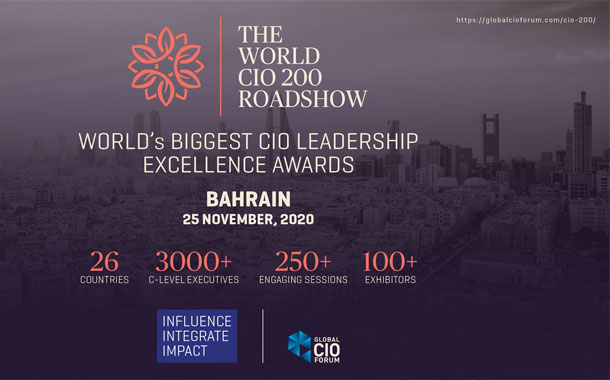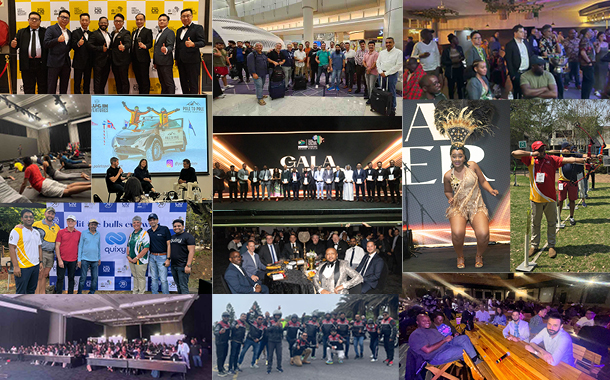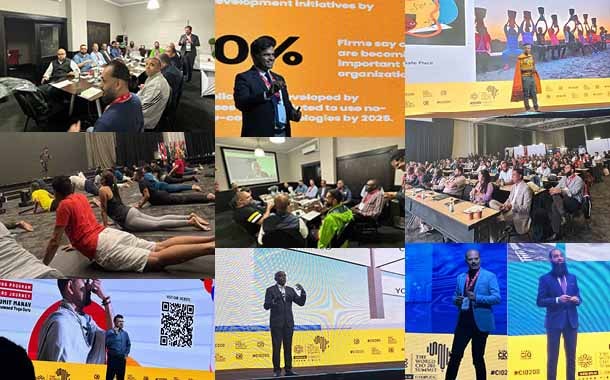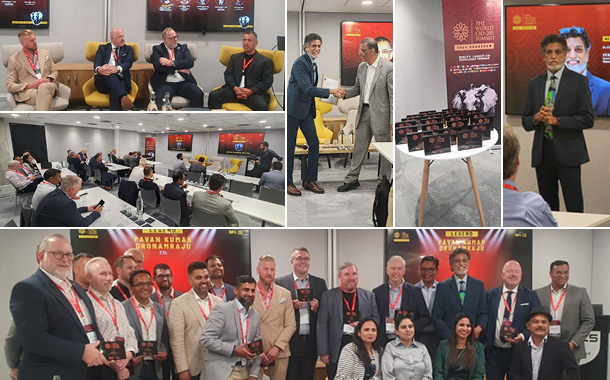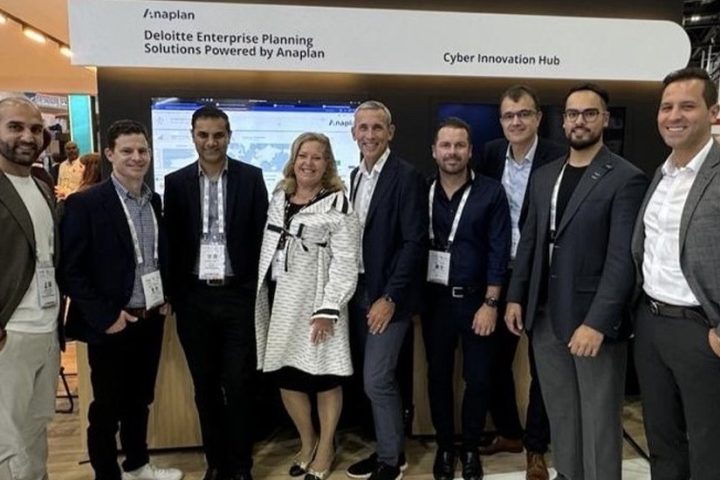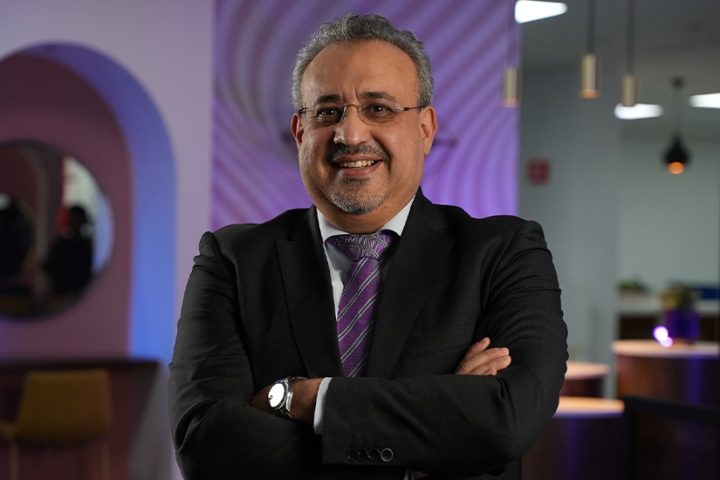After captivating audiences in Qatar and Saudi Arabia, the World CIO 200 Roadshow 2020 reached Bahrain on November 25. This edition of the roadshow unfolded in a virtual convention and drew in audiences not only from Bahrain, but also from around the world.
About the Bahrain edition
The focus of the Bahrain edition was on artificial intelligence and the event opened with an inspiring talk by renowned AI expert, Dr Jassim Haji, who is also President, AI Society Bahrain. He noted how important it is for CIOs to be recognised at a time when they are under such tremendous pressure. Events like the World CIO 200 go a long way in doing just that. Dr Haji went on to talk about how Bahrain has been at the forefront of technology uptake, and has a plethora of graduation projects for students to become part of the country’s futuristic vision. Bahrain also clocked 25 years since the Internet was established in the country and was the first to host technology exhibitions, back in the 1970s. A little known fact is that the country was also amongst the first in the world to acquire IBM computers.
Dr Haji’s country opening keynote was followed by a talk by Germany-based Horst W Gonska, Manging Partner – Evidence-Based Interaction. He dived into how AI is changing lives. In healthcare, it can be used to create a global virtual hospital that is available to everyone, and one that taps into distributed expertise from all over the world. “We must take care of our health preventively. We must create digital services to support digital technologies for the benefit of individual patients,” he added. The challenge is in making available the best skills and knowledge to everyone, even those who do not have easy access. The mantra, in short, is: My medicine, always, anywhere, anytime.
The next session was by Dr Zahra Rashid Al Rawahi, Director of Innovation Capacity Building and Support, Ministry of Higher Education in Oman. She talked about how AI will play a pivotal role in the post-pandemic workplace, and how to empower organisations to build a resilient infrastructure with AI. Dr Zahra pointed out that the pandemic has become an extraordinary catalyst for change, and now the question is how fast organisations can change to better cope with the new normal. Amongst other issues, the coronavirus crisis has given rise to concerns about automation in labour markets, and its impact on jobs. Dr Zahra believes AI will drive the post-pandemic growth and change the nature of leadership. But perhaps the most important impact is that AI is poised to fuel growth in the post-pandemic rebound.
The next speaker was from France. Dr Emmanuel Goffi, who is the Director – Observatory of Ethics and AI. He dug into the fascinating topic of AI and ethics. The key takeway was that currently most of the ethics framework in AI is based on Western thought and philosophy. However, that is not valid all around the world. The culture and value system is different in different parts of the world, and AI ethics needs to recognise the fact that it is a very complex subject. And also contextual. “We do not share the same values. Ethical culture is different in India or Middle East than in Europe. The world as it is, is very diverse. We need new perspectives to influence AI,” he asserted.
Cross-border panel
Dr Goffi’s talk was followed by the cross-border panel. The Bahrain edition of the cross-border panel, which brings together technology decision-makers from different countries, included:
| Panelist | Organisation | Designation | Country |
| Aliasgar Bohari | Zulekha Hospitals | Director IT | UAE |
| Ashish Khanna | Oberoi Hotels and Resorts | Deputy Vice President – IT | India |
| Adam Lalani | Westminster City Council | EUC Manager | United Kingdom |
| Khalid Jalal | GARMCO | Senior Group ICT Manager | Bahrain |
Aliasgar Bohari started off by noting that the technology has always been around, but was not fully utilised. The key challenge brought on by the pandemic was in arranging the right solution at the right time. CIO’s role has always been challenging. But the best part is that the pandemic has made organisations realise the importance of CIOs. It has also highlighted the value of digitising processes. Ashish Khanna, who hails from one of the most disrupted industries currently, talked about how digitisation has accelerated in hospitality. CIOs have been trying to bring about change for many years, and the pandemic has helped them achieve within a few months what would have taken years to achieve. The CIO role has changed into the role of the Chief Digitisation Officer.
Up next was Adam Lalani, who joked that earlier he used to worry about tripping on the stage during a live event. Now, with virtual events, he does not have to worry about tripping from his sofa. He agreed that the changes would have happened eventually. But what we would have seen in 20 years will now take only 20 months. He also pointed out the loneliness of working remotely and how difficult that can be. You need the human element to keep people’s spirit up.
Khalid Jalal too felt that this has been a CIO-friendly virus. It has helped most organisations look into opportunities to fast track projects and to plan for business continuity. The initial preparations have helped organisations survive. Management is now more open to technological changes. “CIO has now become a very good friend of the CFO!” joked Jalal, adding that organisations have now started appointing digital transformation officers and this role will be crucial in the years ahead.
The panel discussion was followed by a talk by Ektaa Sibal, India’s No 1 Inner-Self Transformation Specialist. She dwelt on the topic of Leaders of the Future: Dealing with Uncertainties in the Present and Post Pandemic World. Leadership can no longer be reactive, it has to become proactive. Working from home is here to stay and leaders need a proactive approach in dealing with the challenges this shift brings. Social wellbeing is an important area of concern, as also a feeling of belongingness. Leaders need to boost resilience and adversity quotient of their employees, and embark on mindset building. “Wellness culture is not a concept. It is something that should be imbibed by the organisation,” asserted Sibal.
And the winners are
The final highlight of the Bahrain edition session was the CIO 200 Country Awards, given to CIOs who have been the catalyst in bringing about change in this challenging year. The winners also received blockchain certificates. This year, the list included:
| Name | Organisation | Designation | Award Category |
| Mohammad Hamza Sheikh | NAFCEL | Head of IT | Leader |
| Osama Merghani | Kerten Hospitality | IT Manager | Master |
| Syed Fakruddin Albeez | Dar Al Arkan | IT Director | Legend |
| Abdelmajed Fadol | Confidential | Cyber Security GRC Manager- A/CISO | Master |
| Amin Siddiqui | Public Investment Fund | VP, Head of Information Security Governance and Risk | Master |
| Qasim Nadeem | ABANA Enterprises Group | Sr. IT Manager | Leader |
| Saghir Ahmad Khan | SBM | Leader Security Operations Center | Master |
| Khaled Alnuaimi | Eastern Province Principality – MOI | Engineer | Legend |
| Ayman AlAwami | Amlak International | Head of Cybersecurity | Legend |
| Dr. Ayad Aldaijy | Mewa | CIO | Legend |
| Yaser Al Jughaiman | Riyadh Cables | CIO | Master |
| sulaiman alkharashi | State Properties General Authority | Assistant Governor for Shared services | Legend |
| Mushtaq Khan | Obeikan Investment Group | Chief Technology Officer | Legend |
| Abdul Baseer Mohammed | InterContinental Hotel Jeddah | Technology Manager | Next-Gen |
| Abdulrahman Alruhimi | Tatweer Educational Transportation Services Company (TTC) | Chief Information Officer | Leader |
| Sajid Riaz | Balsharaf Group | CIO | Legend |
| Meshal Alfouwais | Saudi Electricity Company | Digital Transformation Initiatives and IT network Manager | Legend |
| Mohammed Mahnashi | MOFA | Consultant | Legend |
| Yazeed AlMarshoud | Saudi Ceramics | CIO | Master |
| Abdulaziz Aljobiri | TETCO | Project Manager | Legend |
| Mohammed Mustafa Ali | AlShasha Entertainment Distribution Company – (OSN) | IT Manager | Master |
| Rajesh Chandramohan | Tamimi Markets | IT Director | Legend |
| Syed Kareemuddin | Coca Cola Bottling Company of Saudi Arabia | Head of it Infrastructure | Leader |
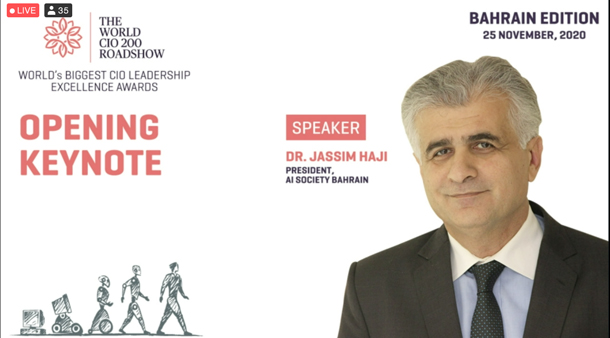
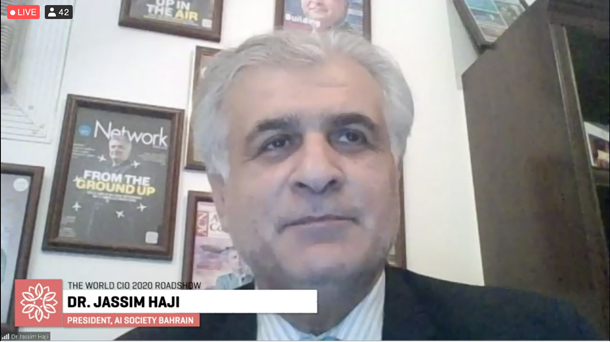
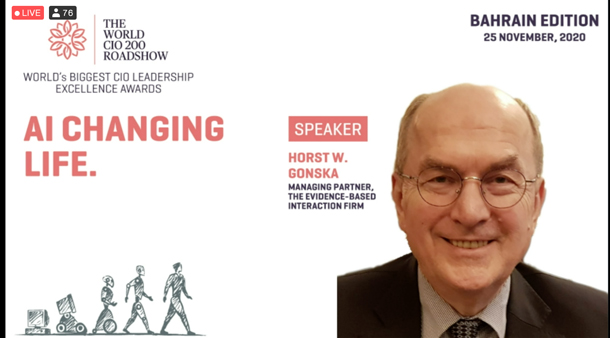
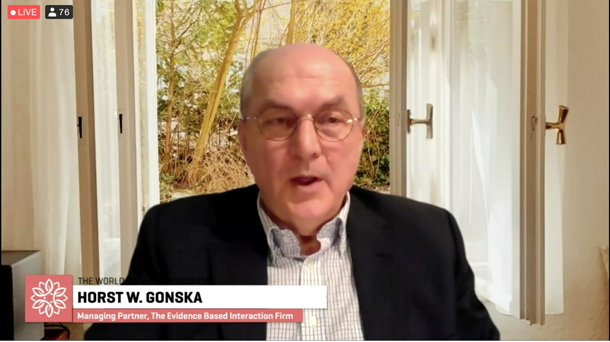
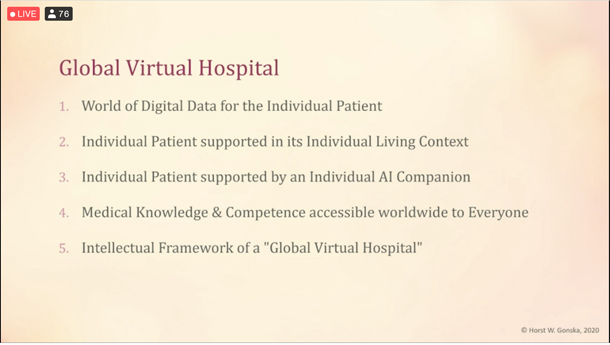
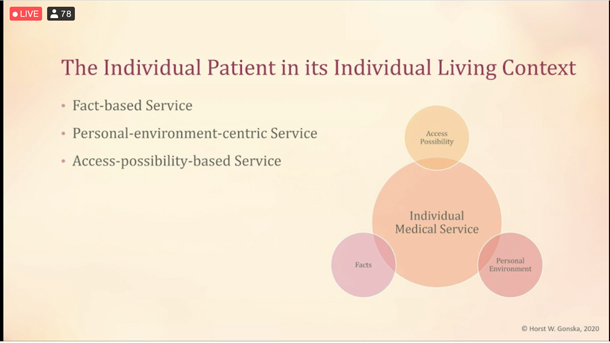
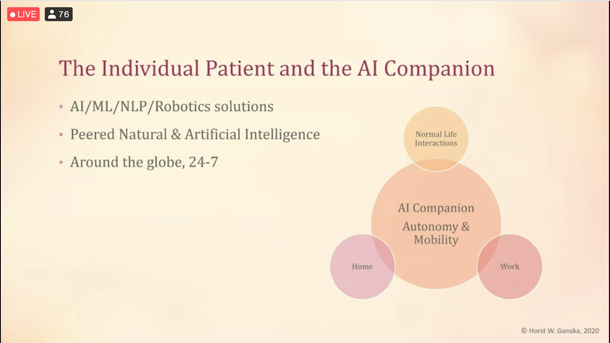
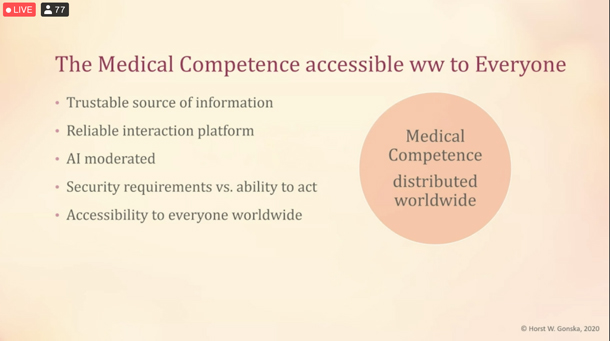
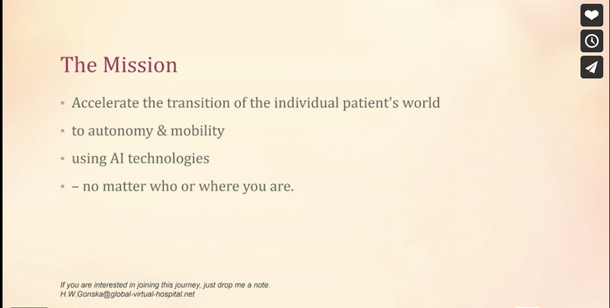
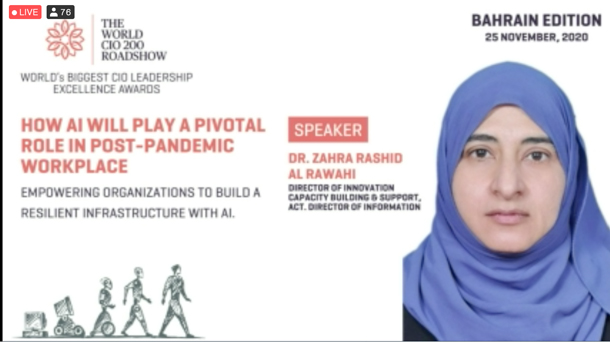
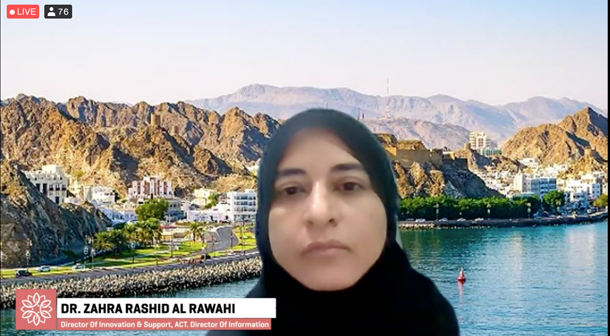
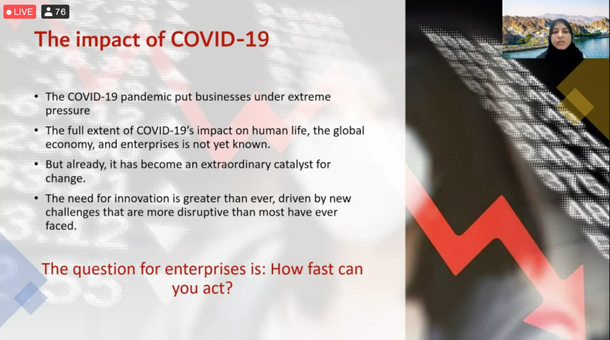
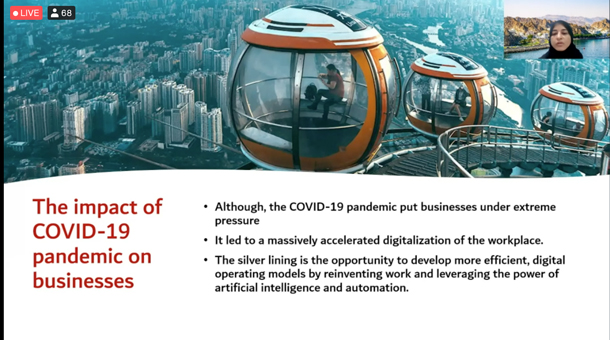

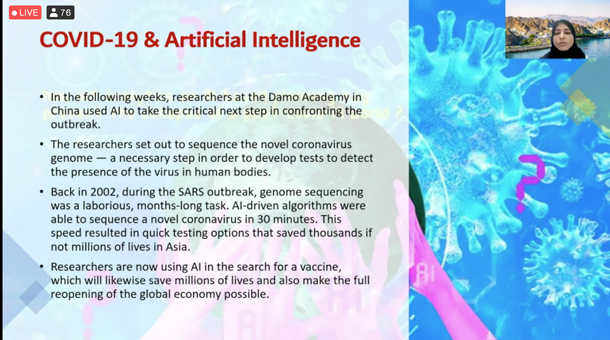
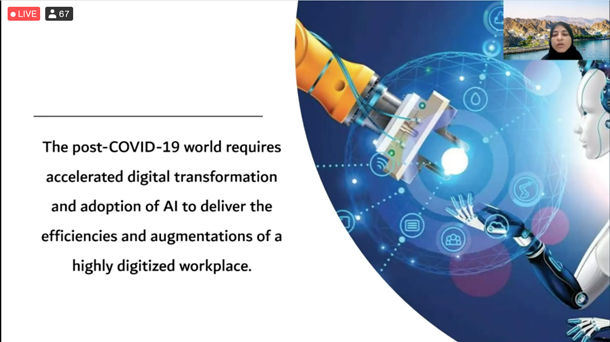
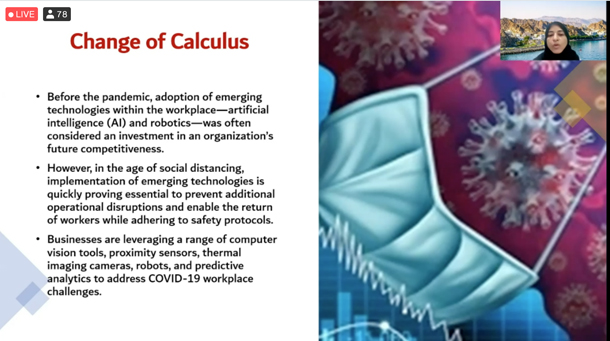
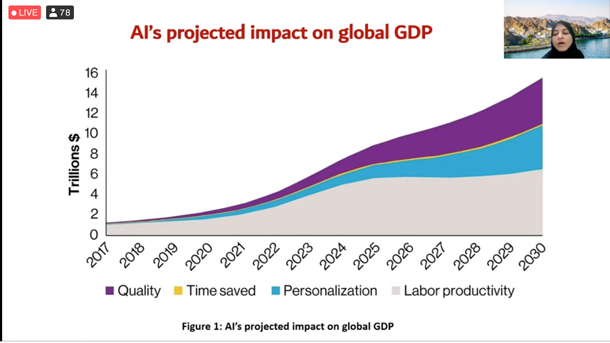
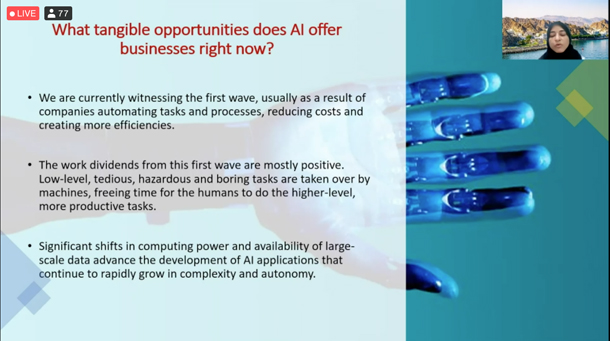
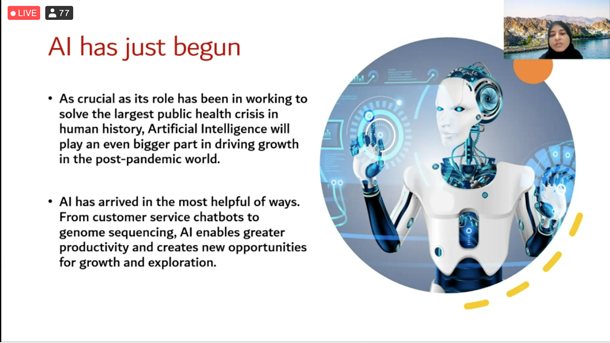
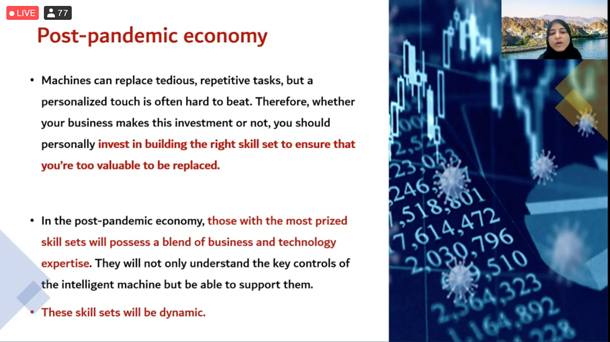
About CIO 200 Summit
Established in 2017, The CIO 200 Summit is a multi-country CIO felicitation ceremony that recognises achievements of digital leaders. The CIO 200 Awards are not a competition but a celebration of the amazing lives of CIOs and their game-changing careers.
The 2019 edition of the event toured 15 countries and gathered over 3000+ delegates over a span of three months. Key stakeholders tabled roadmaps for strategic decision making and identified yardsticks that are the key drivers of growth in the digital world. The World CIO 200 Summit 2019 concluded over December 09-10 with a gala event at the Double Tree Hilton in Ras Al Khaimah. The highlights from the 2019 edition can be seen here.
About Global CIO Forum
The role of a CIO is one of the most critical one in today’s business and industry. Today, CIOs hold the future of innovation, productivity and competitiveness in their hands. At the Global CIO Forum, we not only provide our members with an exchange forum for best IT leadership strategies and practices to enhance business results, but we are also developing a strong voice to ensure that CIOs are represented at key industry and government decision tables. In other words: Integrate. Influence. Impact.
The Global CIO Forum’s mission is to represents IT Executives and CIOs globally. Currently working in META region and with expansion plans globally, the Global CIO Forum is a non-profit community of CIOs and IT leaders whose mission is to facilitate networking, sharing of best practices and executive development, and to collaborate on issues faced by the CIOs and IT executives.

